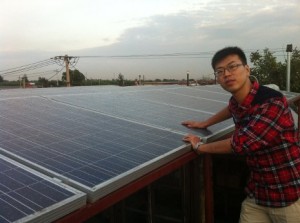The Ecosystem Science Center and the Biotechnology Research Center invite graduate and undergraduate students conducting research related to ecology, the environment or biotechnology to submit titles and abstracts for poster presentation for the 10th Annual ESC/BRC Student Research Forum sponsored by both centers and the School of Forest Resources and Environmental Science.
The event will be held on the afternoon of Wednesday, Mar. 19, in the Atrium of the UJ Noblet Forestry Building.
Please note, the abstracts are due Feb. 25.
